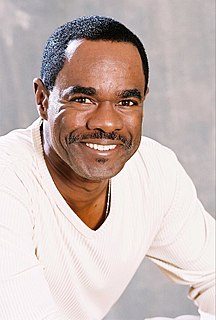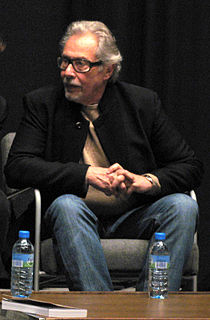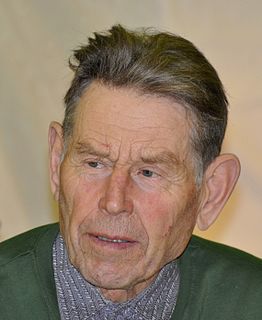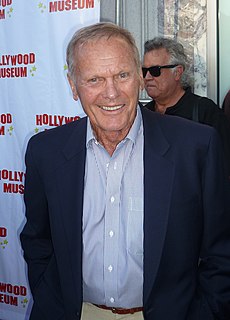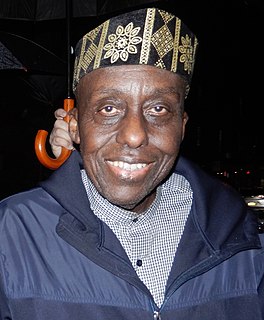A Quote by Glynn Turman
If you take the '70s with Blaxploitation pictures, there was a proliferation of black-content films and motion pictures, television, stage plays and so forth at a time when Hollywood was in trouble financially, and it was cheaper to do black films to keep the lights on until they could reestablish themselves.
Related Quotes
I think I entered the market around the time when there was getting to be less snobbery about the difference between feature films and television. I think there's been a lot more receptivity on television to interesting adult stories that in the '60s and '70s would have been made into feature films. I have no problem jumping back and forth. If anything, I find it less restrictive working in television.
I have two different categories of favorite films. One is the emotional favorites, which means these are generally films that I saw when I was a kid; anything you see in your formative years is more powerful, because it really stays with you forever. The second category is films that I saw while I was learning the craft of motion pictures.
Finnish forests: Let us remind the satellite pictures of the 1970's winter in which the old forest appeared black and young forest and cut downs white. Already then the Finnish borders were like drawn on the map: White Finland between black Karelian and black Sweden. Finnish Forest Research Institute hicced up some time and then decided that the pictures are fake.
My father did think I should get interested in television. But I had very little interest in television and it wasn't something I wanted to do. I really never thought about going to work on big feature films in Hollywood. But when we made The Householder, Columbia Pictures bought it. Who would have ever imagined?
I wanted to make sure the focus [in The Land] was on human beings themselves and their decisions, but still connected to the urban environment that people associate as being black. I think I was able to make a film without commenting on "black this or black that" and you still feel the presence of it. There's no one character who's saying "we're all black and we're all in this struggle." It's that you just feel it. Some of that is because we get the sense from a lot of independent films that black people struggle all the time.
There is an obsession with black tragedy. If you see a black movie, it's typically historical, and it tends to deal with our pain. And listen, there have been some excellent films made in that vein, and there are some painful parts of black history that should be explored, but it is kind of weird that only those films bubble up to the surface.
